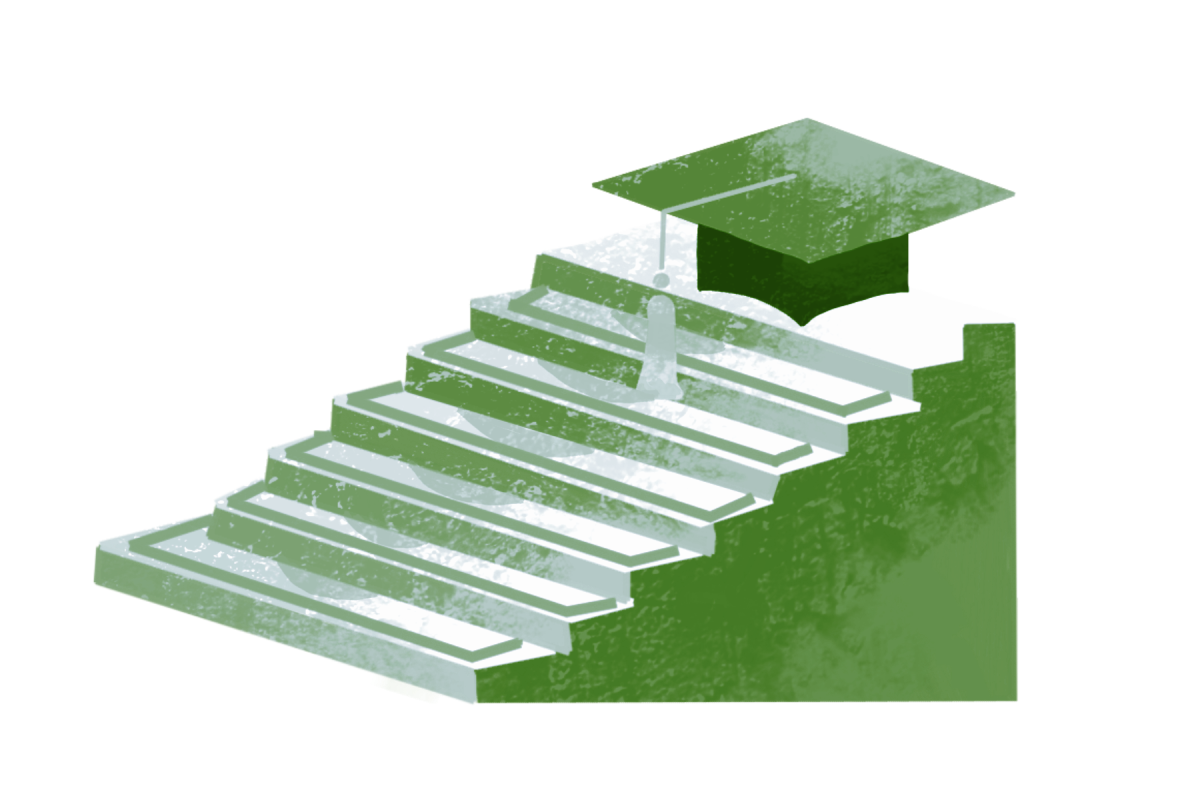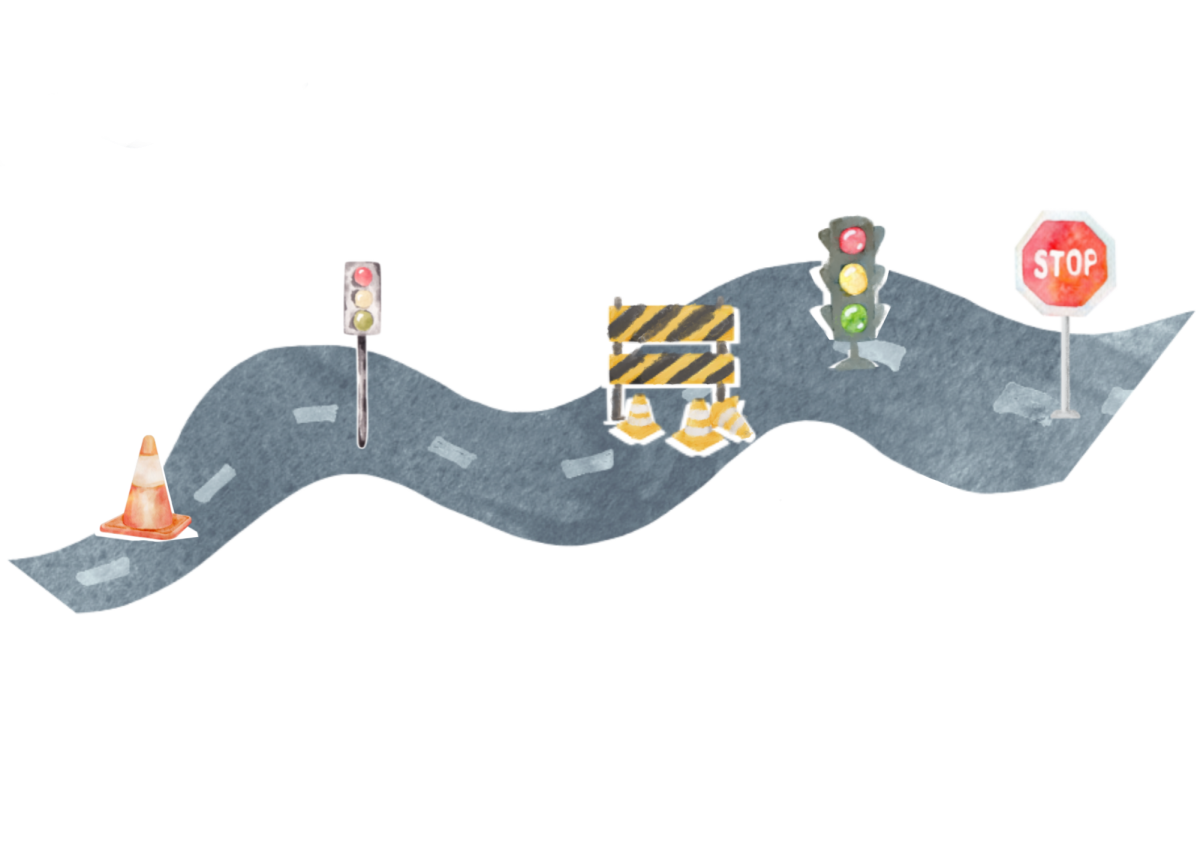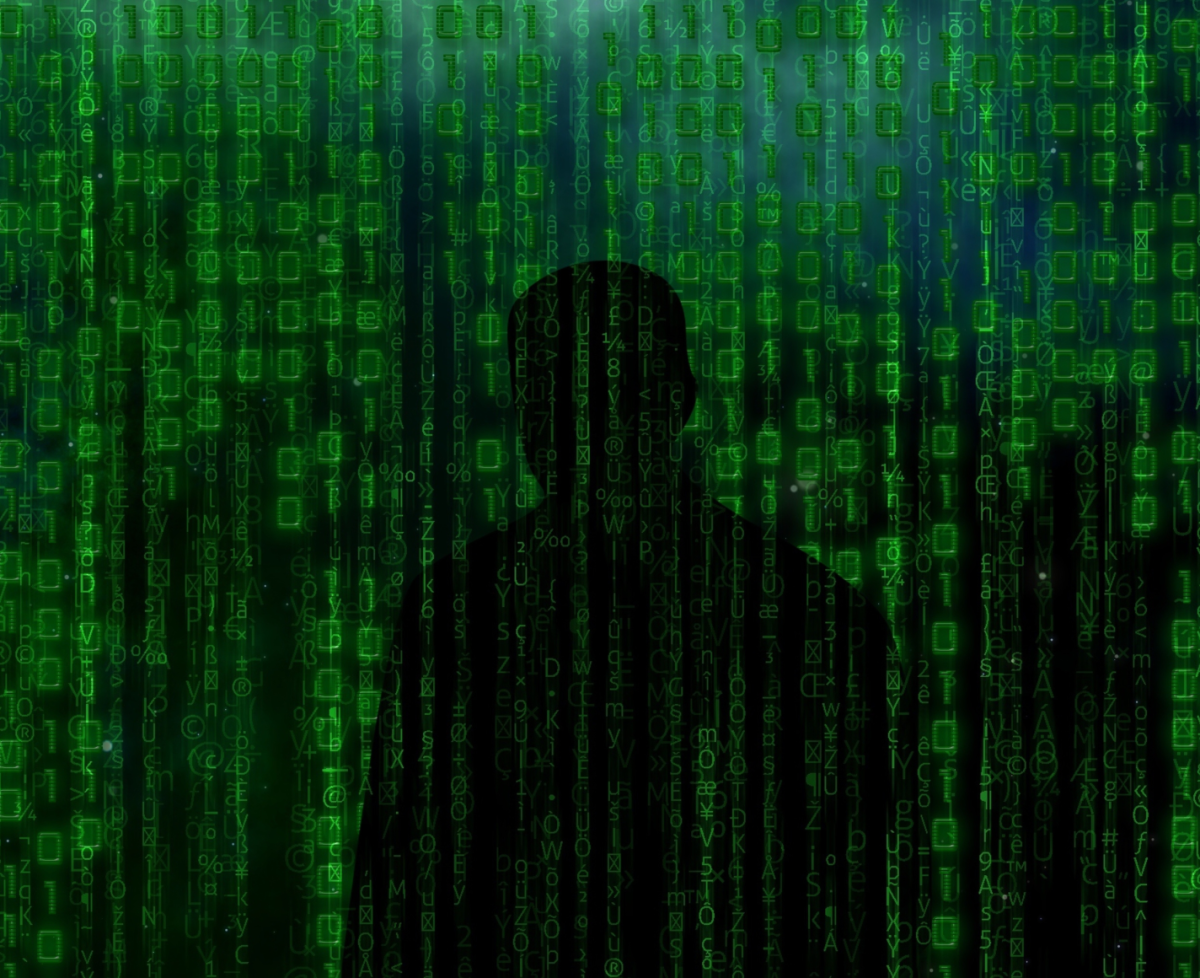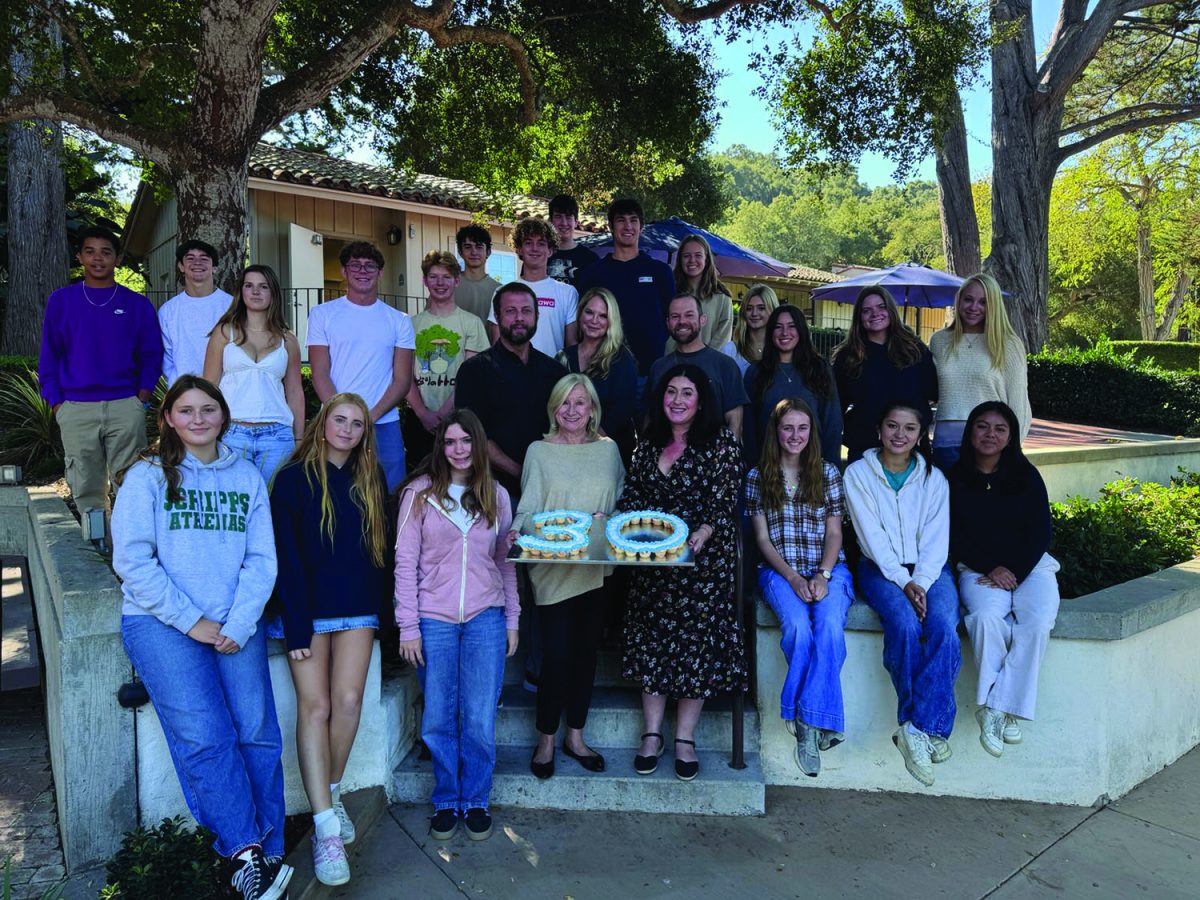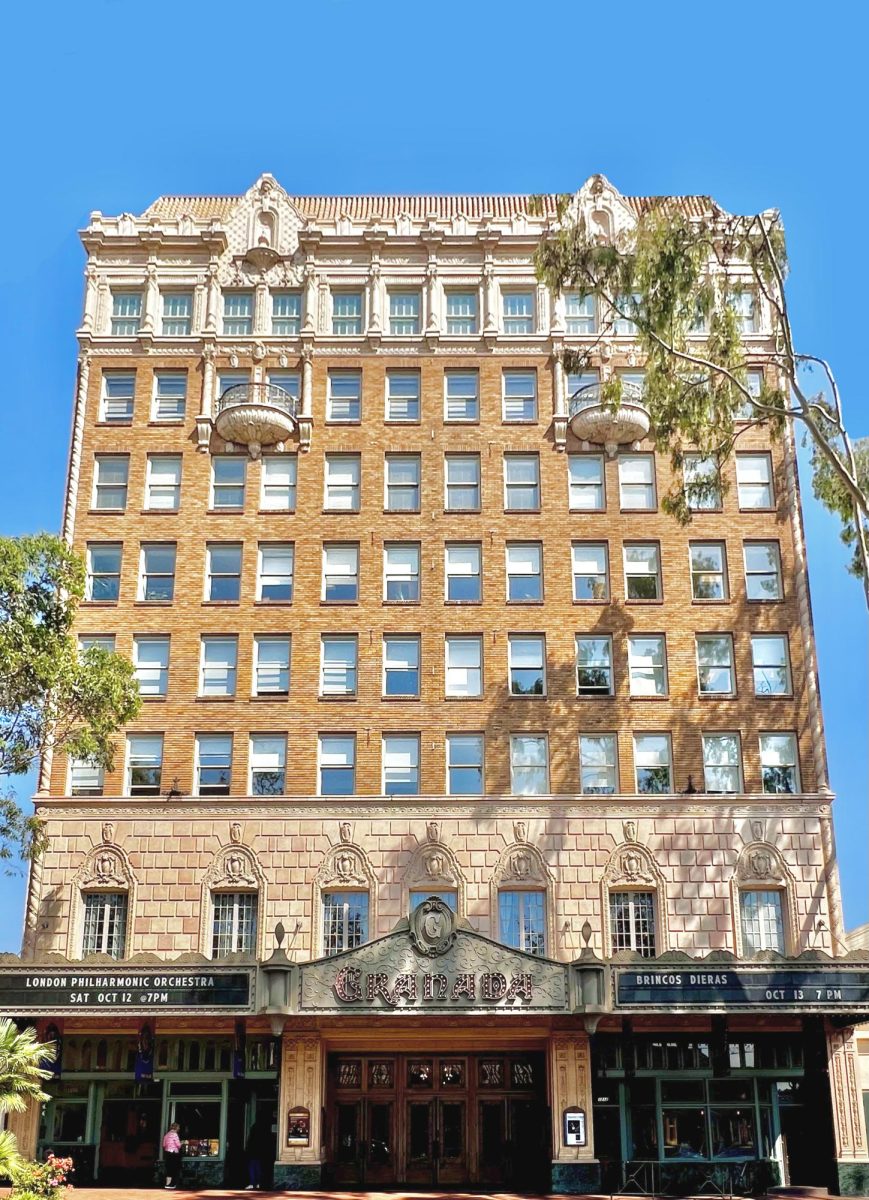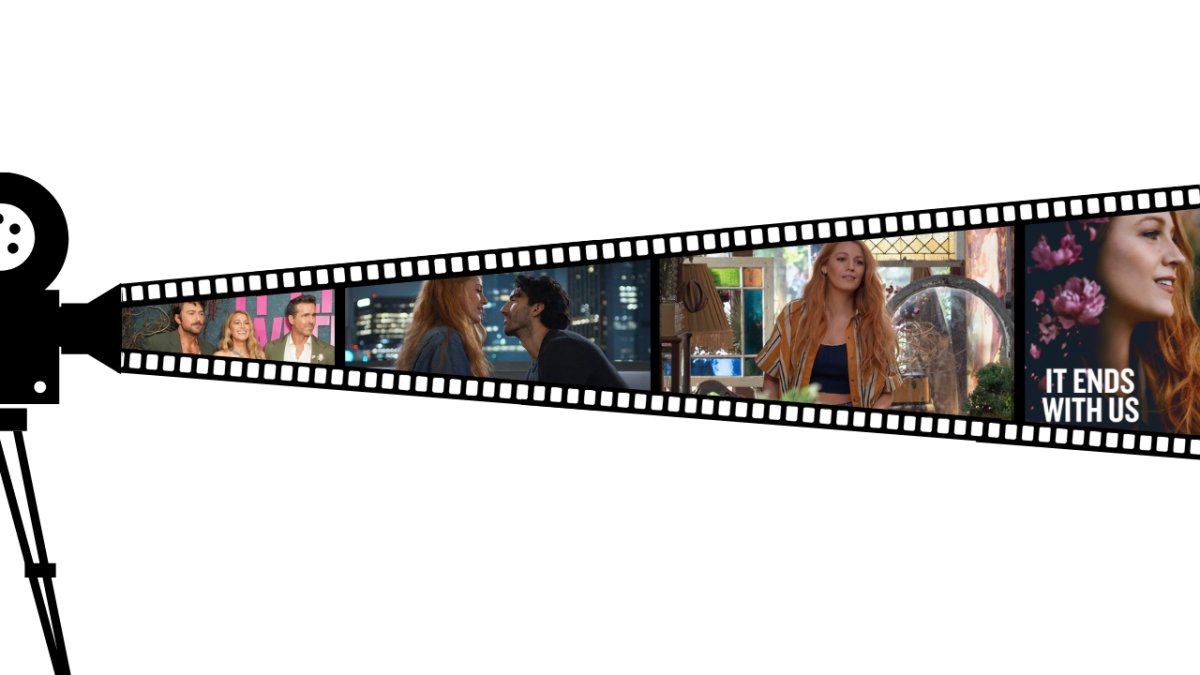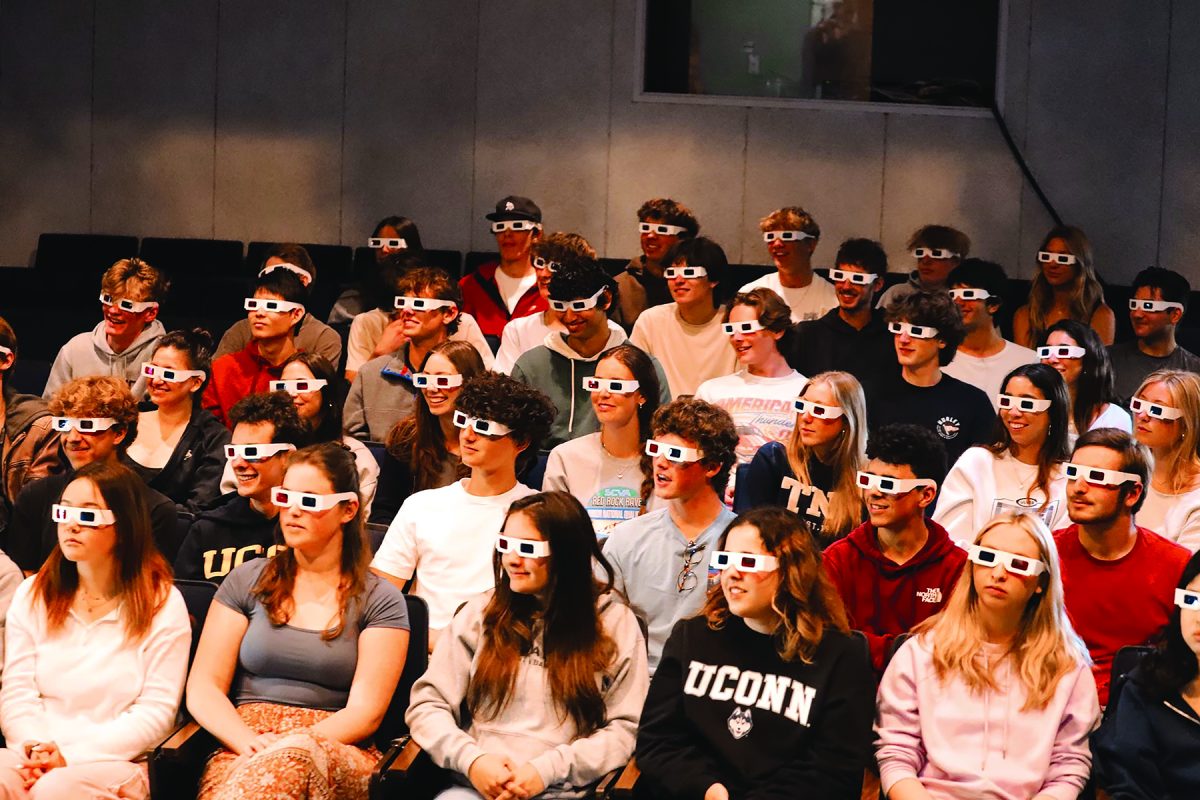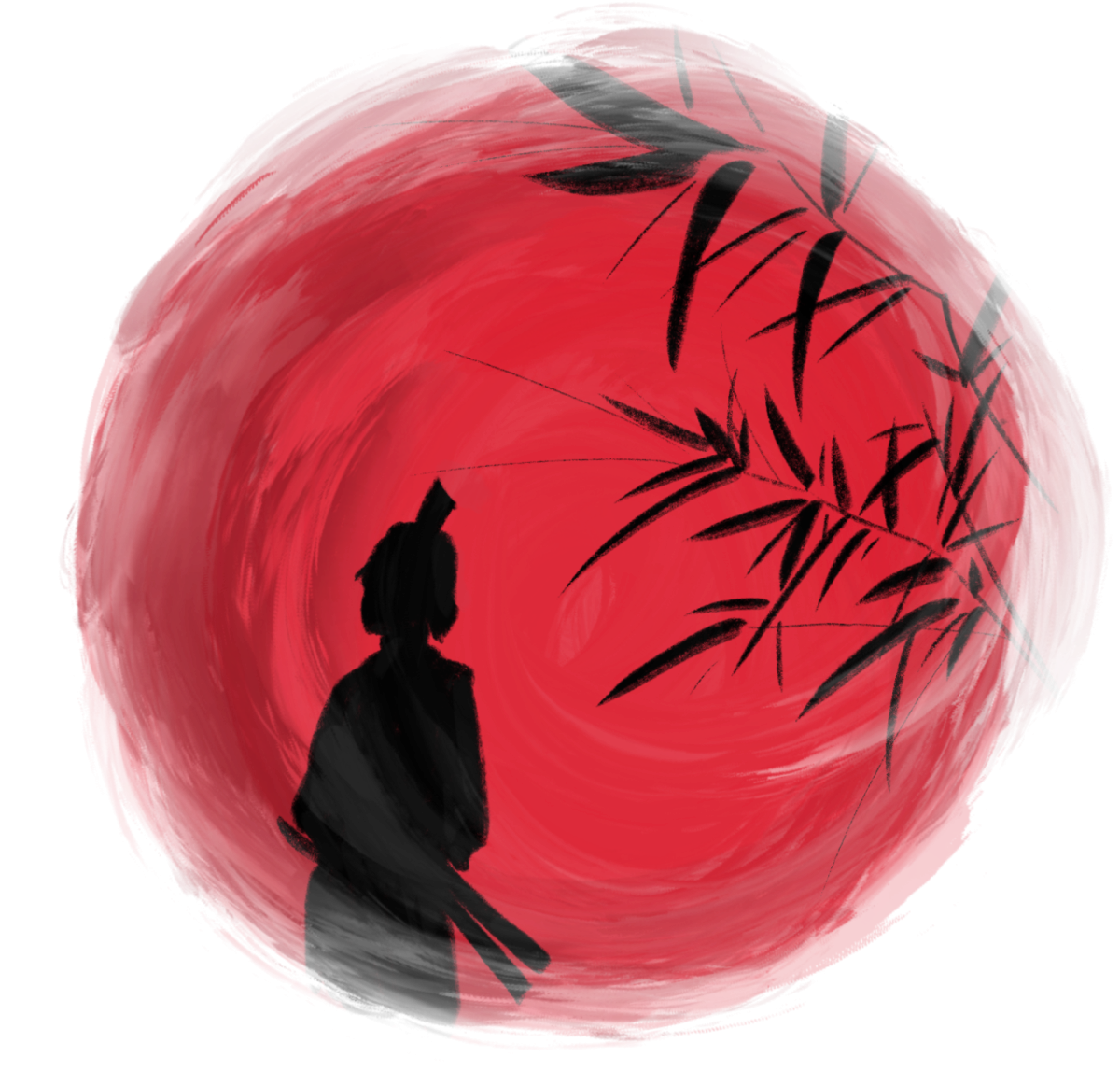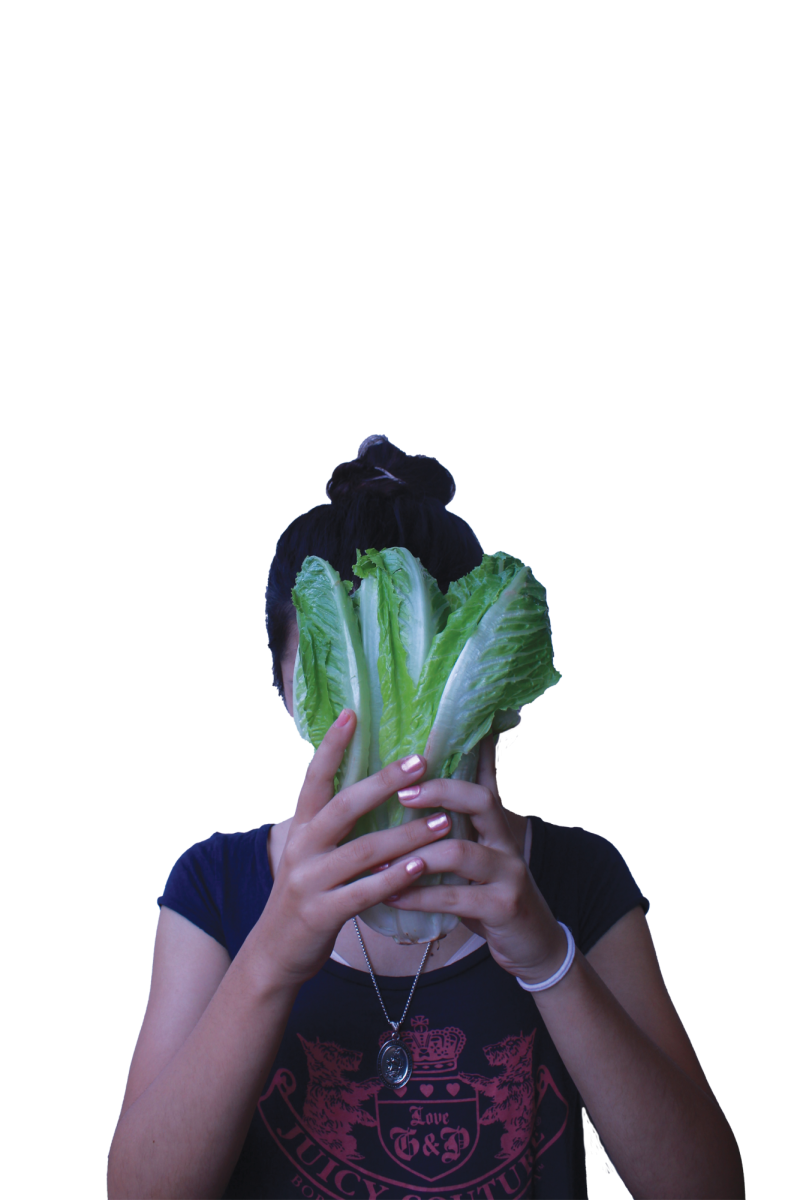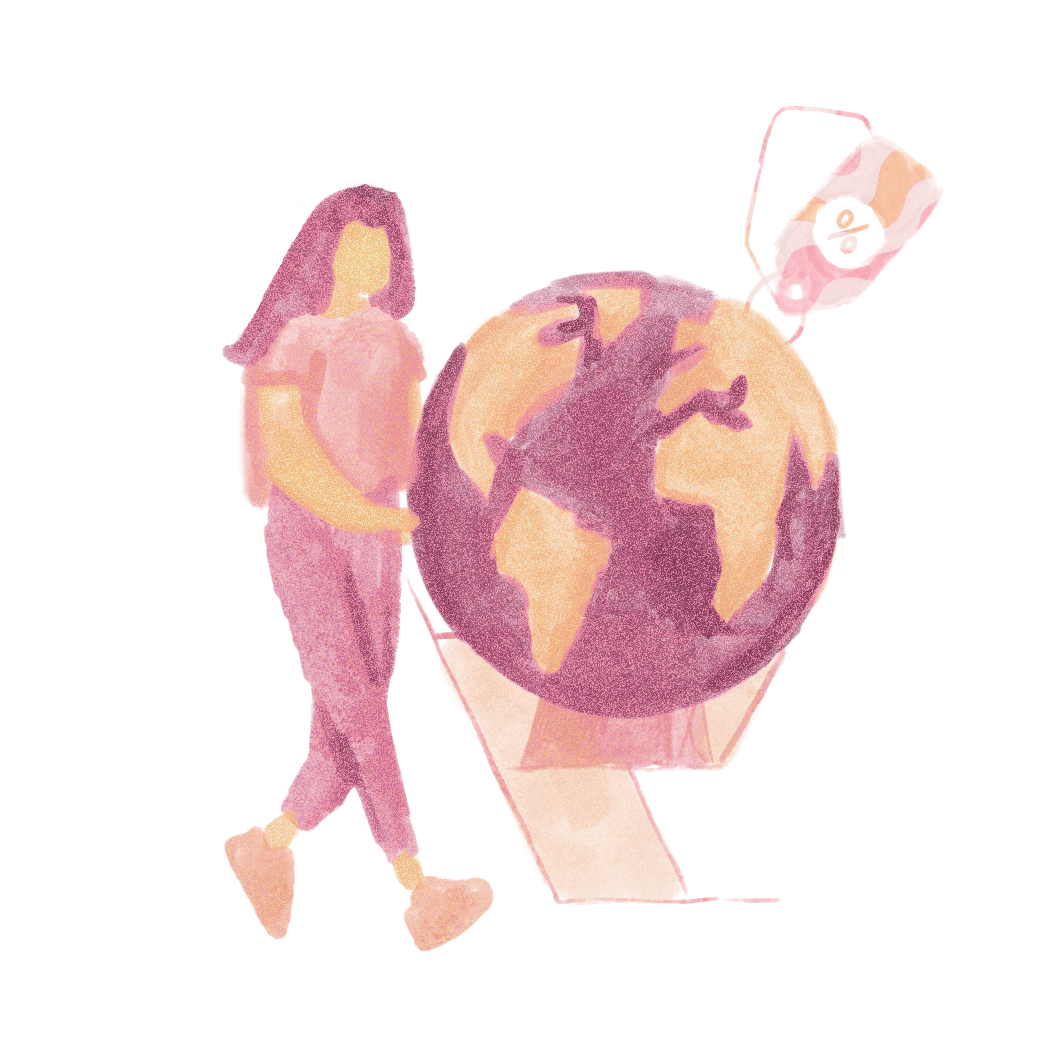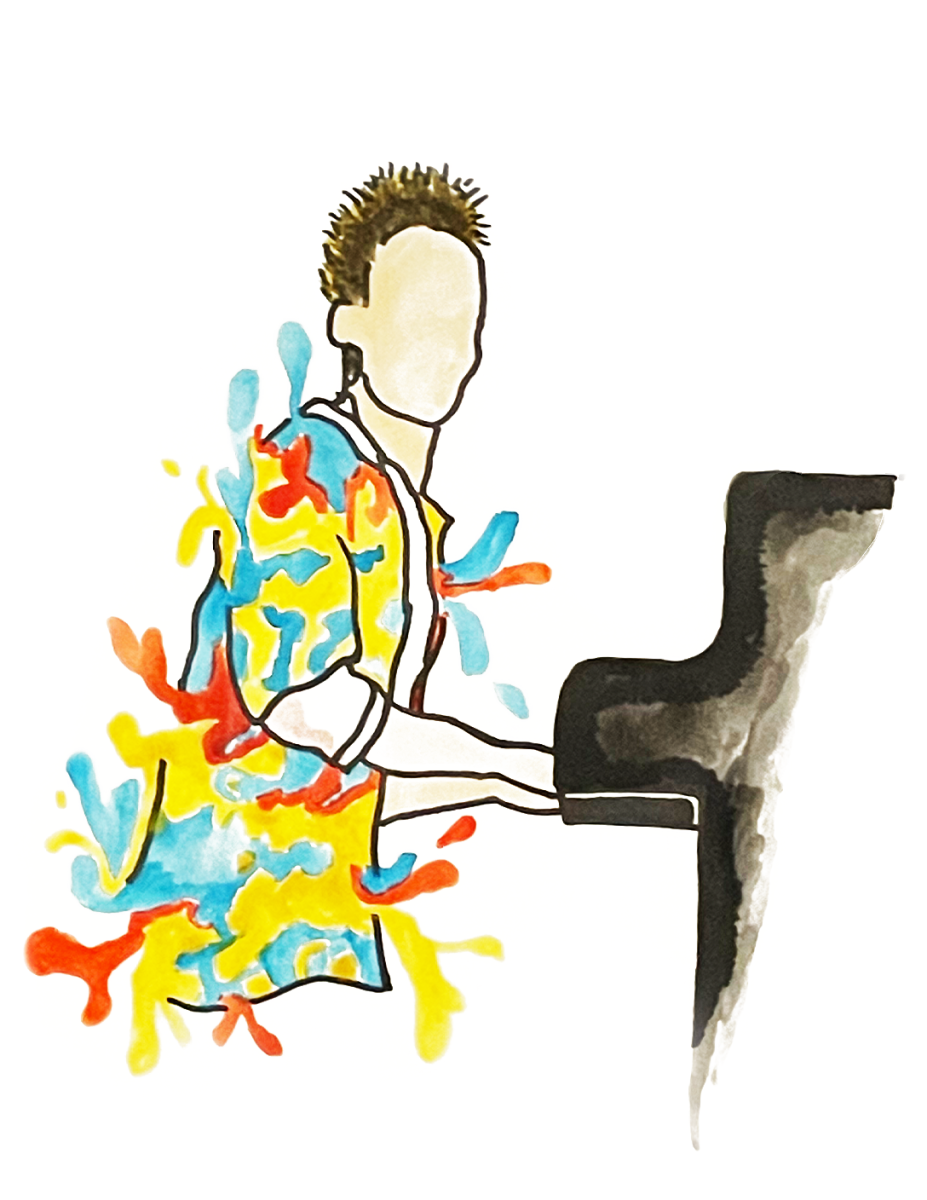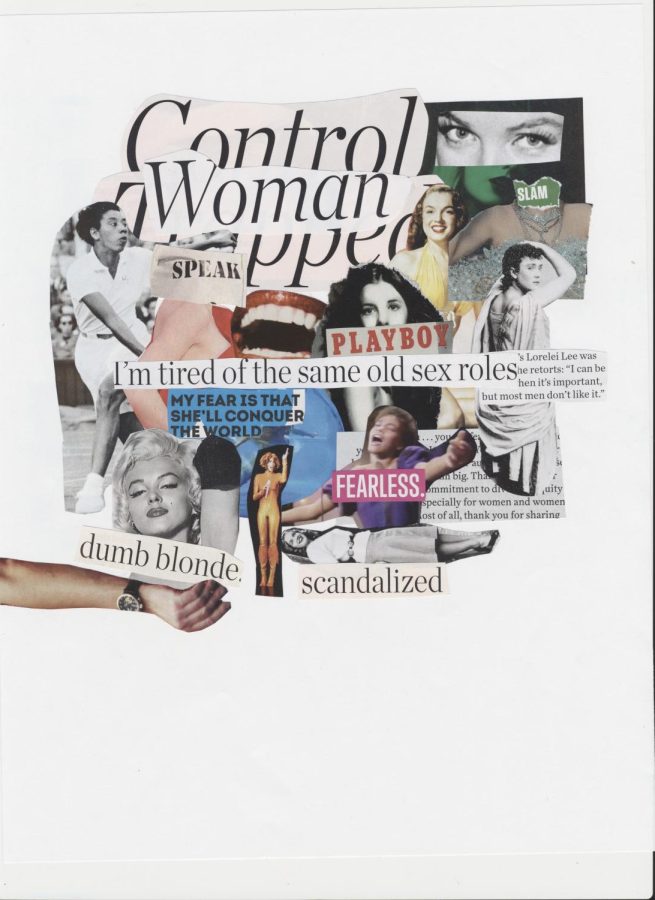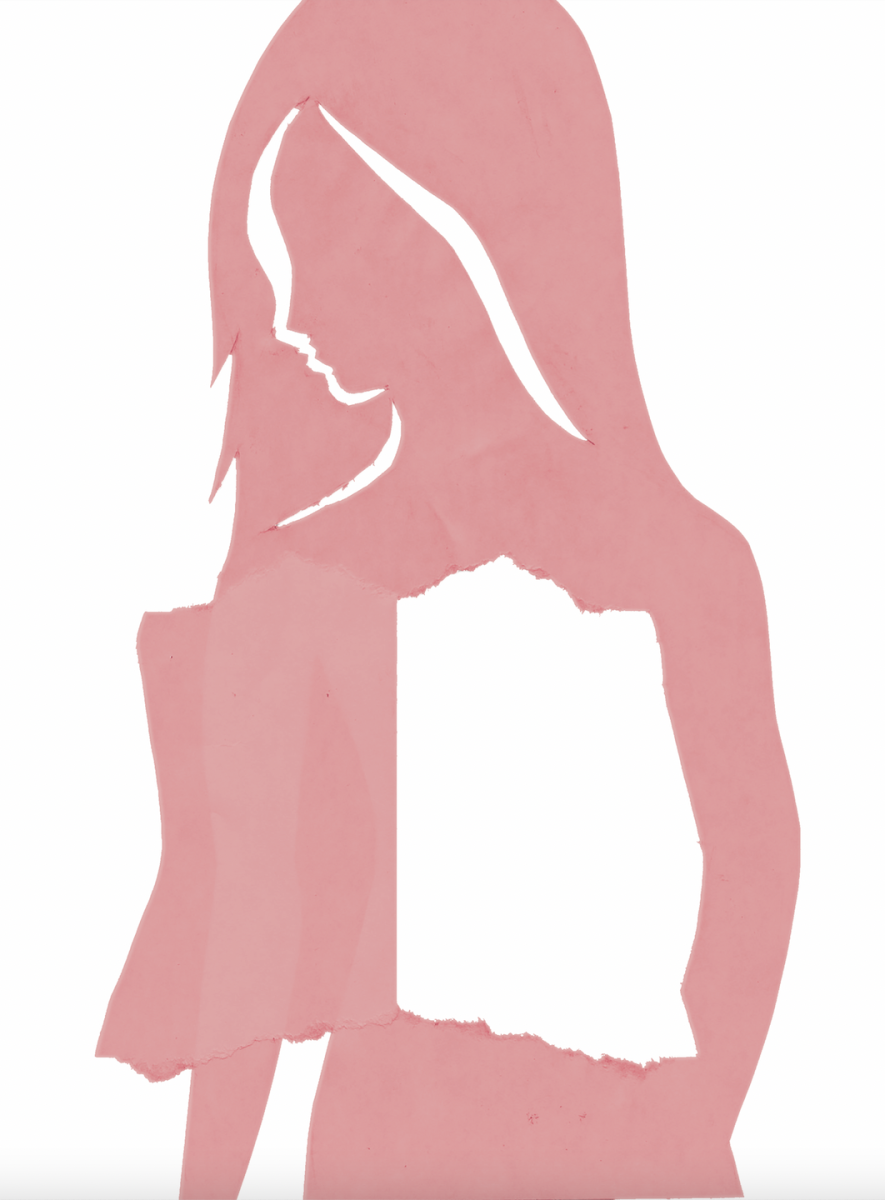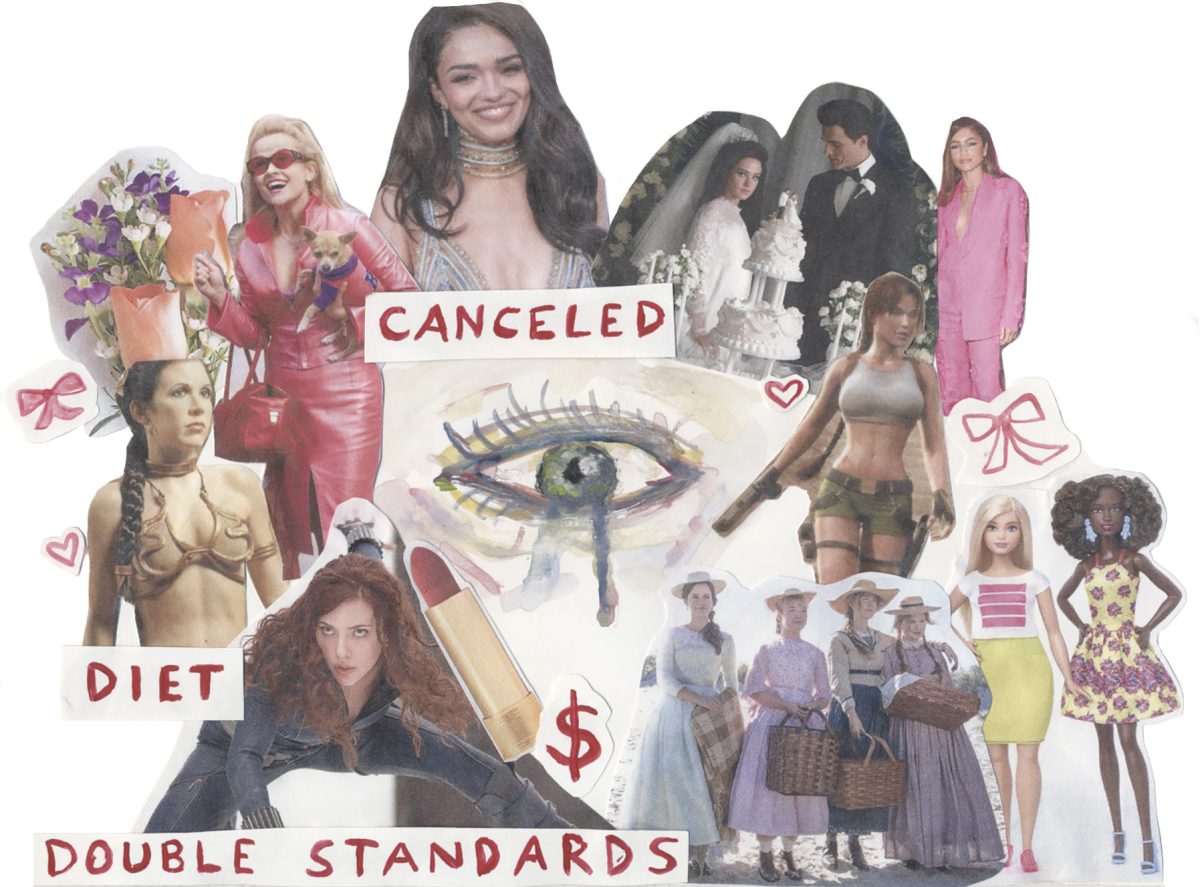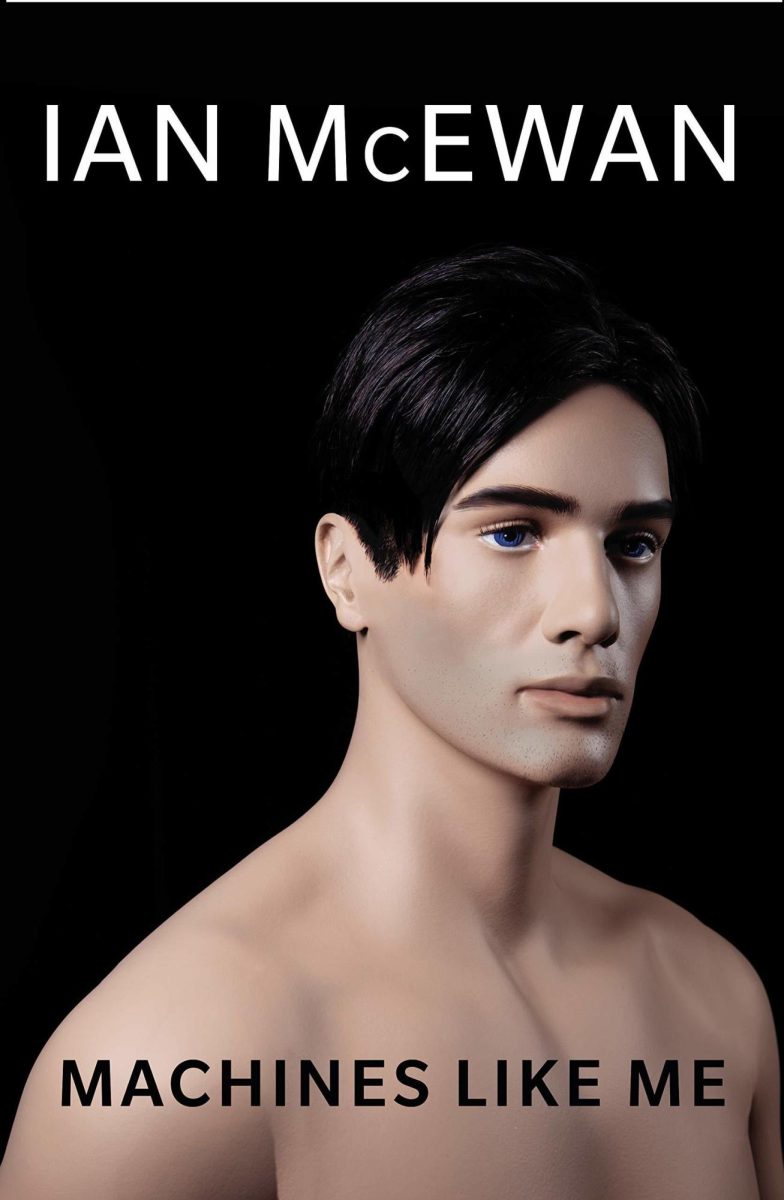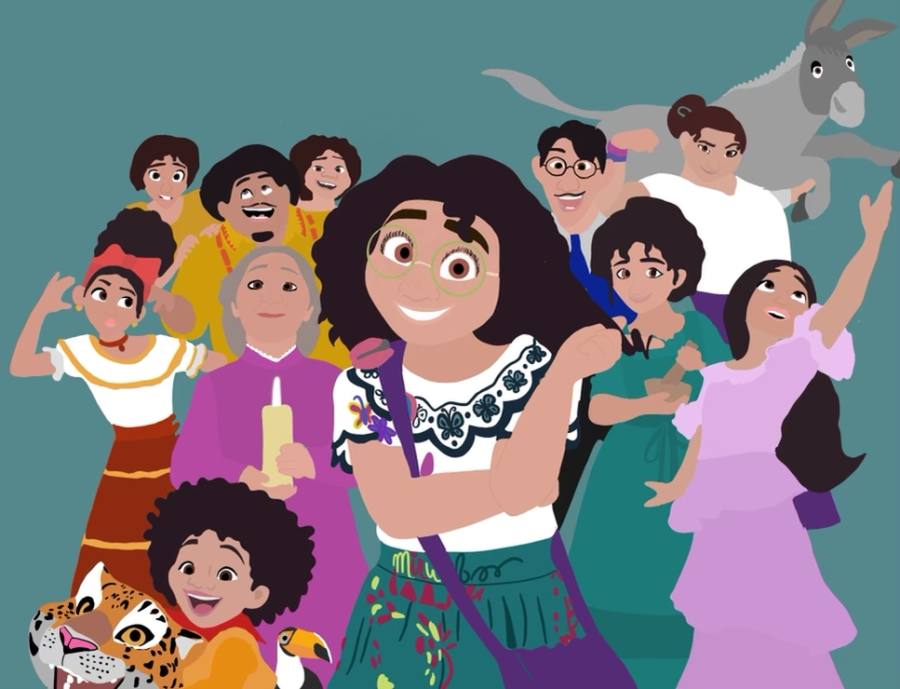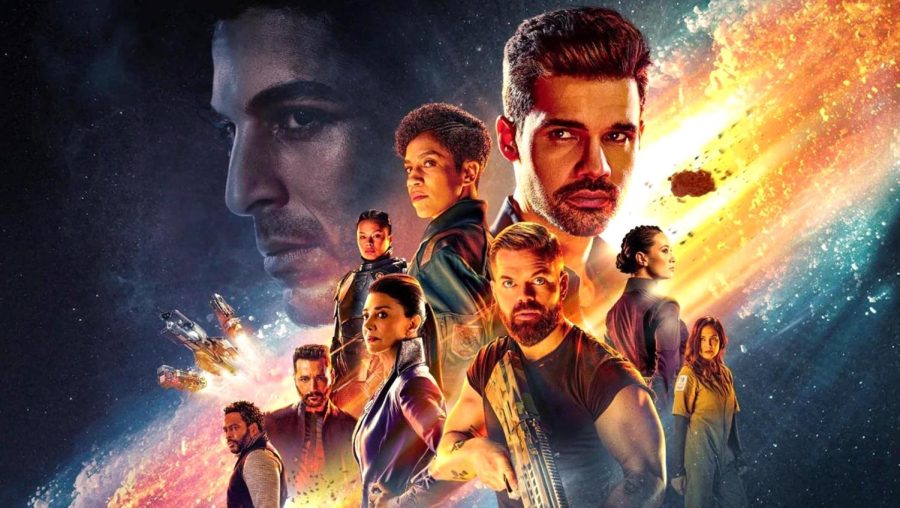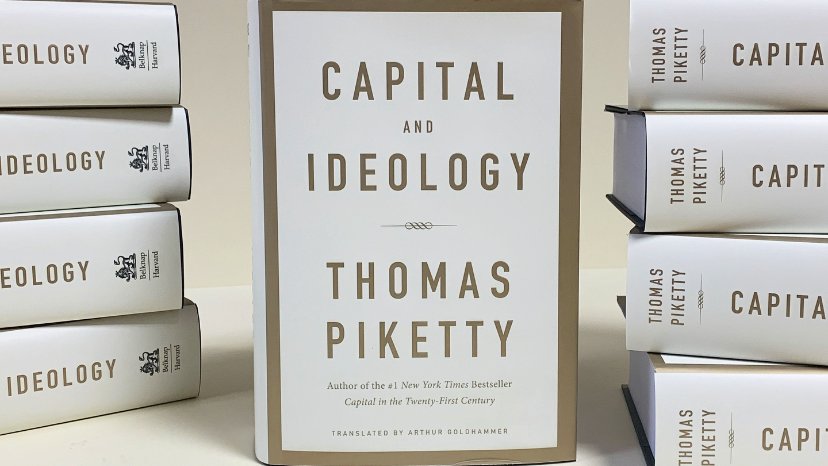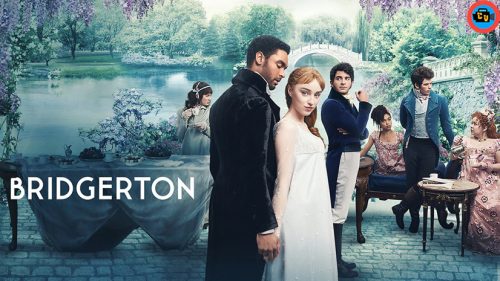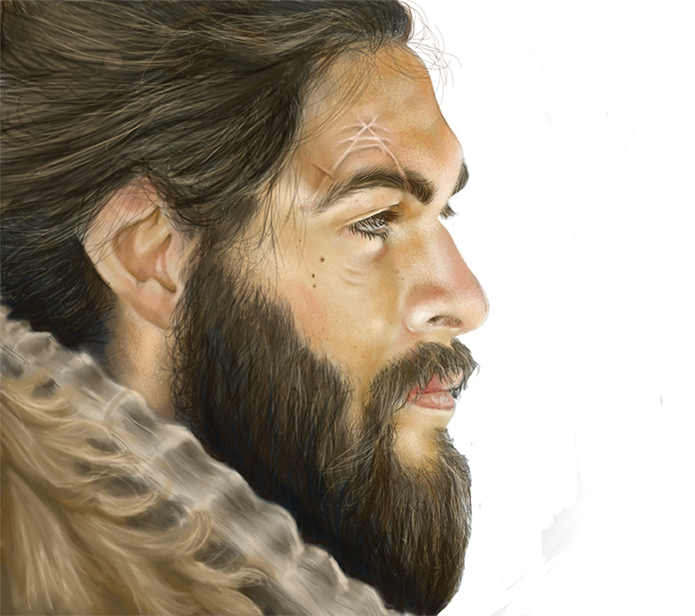What It Means to See
Apple TV’s new movie series “See” makes us ask: what would we do without our sight?
December 3, 2019
You feel the ground beneath your feet; the shrubs brush past you as you side-step towards your prey.
As you approach your target, one can tell the deer is 15 feet away just by the grazing steps it takes and the calm pattern of its breath.
You unsling your spear from a holster-like sheath on your back, feel for the pointy end and throw the pike in a practiced arc.
It hits its mark.
Slinging the deer across your back, you trek the several hour journey back to camp and give a prayer of thanks for this food, hide and life it provides. All this has been done without sight.
On Nov. 1, Apple TV aired the new TV series “See,” which takes place in a world where sight has been stripped from us entirely.
Jason Momoa plays the protagonist as a high-ranking member in a tribe of traveling nomads struggling with a deadly virus which has ravaged the human population on Earth, the few surviving humans develop an immunity to this virus, however, they emerge blind.
The Earth has been brought back to its natural verdant state: forests overtaking the once industrial urban centers of human society.
Advanced technology has been lost entirely — humans have begun to revert to their clan-like, tribal roots. The twist is Momoa bears children that are born with the gift of sight for the first time in several hundred of years.
The backbone of the plot, however, is about generations of humans surviving blind.
Imagine living life without sight. “We would survive on our other four senses: hearing, touch, and smell. Especially our hearing. Our hearing would intensify on a whole new level,” Anthony Ramires, assistant football coach and a part-time librarian said.
“I can’t imagine living in a world without sight. The most important activity I do require sight is driving,” said senior Pisci Abrego.
“We get place to place turning the wheel, using our peripheral vision instinctively, clicking buttons, and constantly testing our hand-eye coordination doing tasks we consider simple.”
Vision has helped humans to improve society; while technology has propelled us to an unimaginable place with constant improvements a result, humans have had less of an incentive to work hard physically.
In the series “See” we find out exactly why physical exercise was necessary in the time before advanced technology.
No matter what technology is present, or what advancements humans have made, there is always a basic need for survival, and sometimes, survival is only possible when going back to the roots.
“See” paints the image of the human species living, and thriving, in an outdoor world. Physical exercise is no longer a hobby, it’s a means for survival.
Today people find means for survival in the little things — in going outside, in taking part in a hobby that takes them away from technology.
“There is nothing quite like surfing,” said sophomore Harrison Jones when asked what he appreciates about being able to see, and take part in his favorite pastimes. “Surfing has this special feeling of freedom, and just losing yourself in the moment. This unexplainable feeling of bliss that makes me feel alive.”
Live, and be grateful for the gift of sight. All of us depend on using our sight in our everyday life, we never stop to think: what would I do without it?

